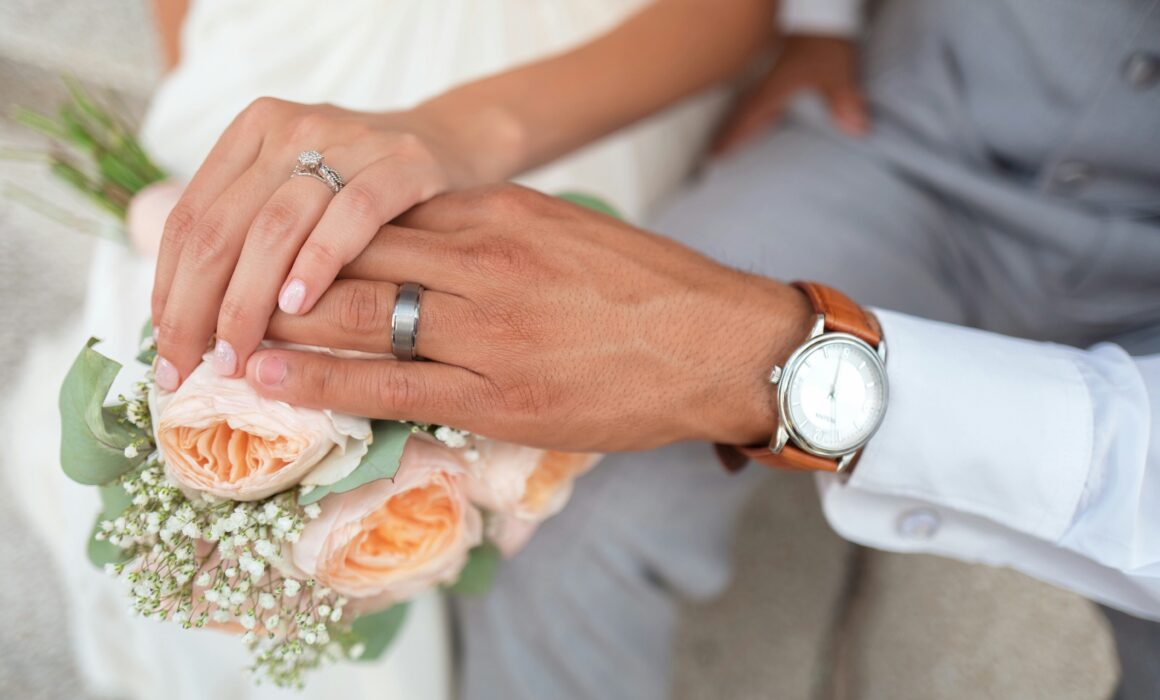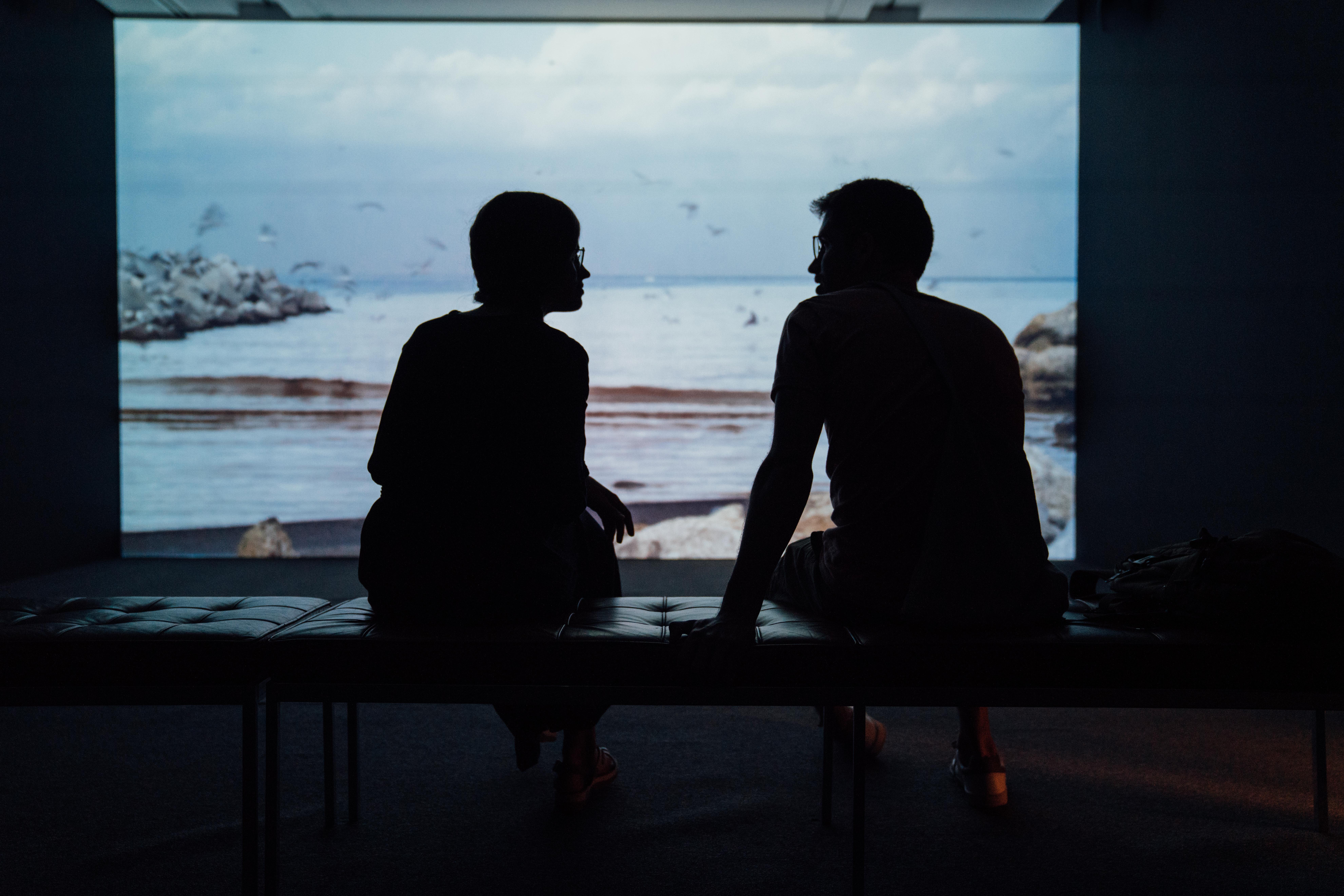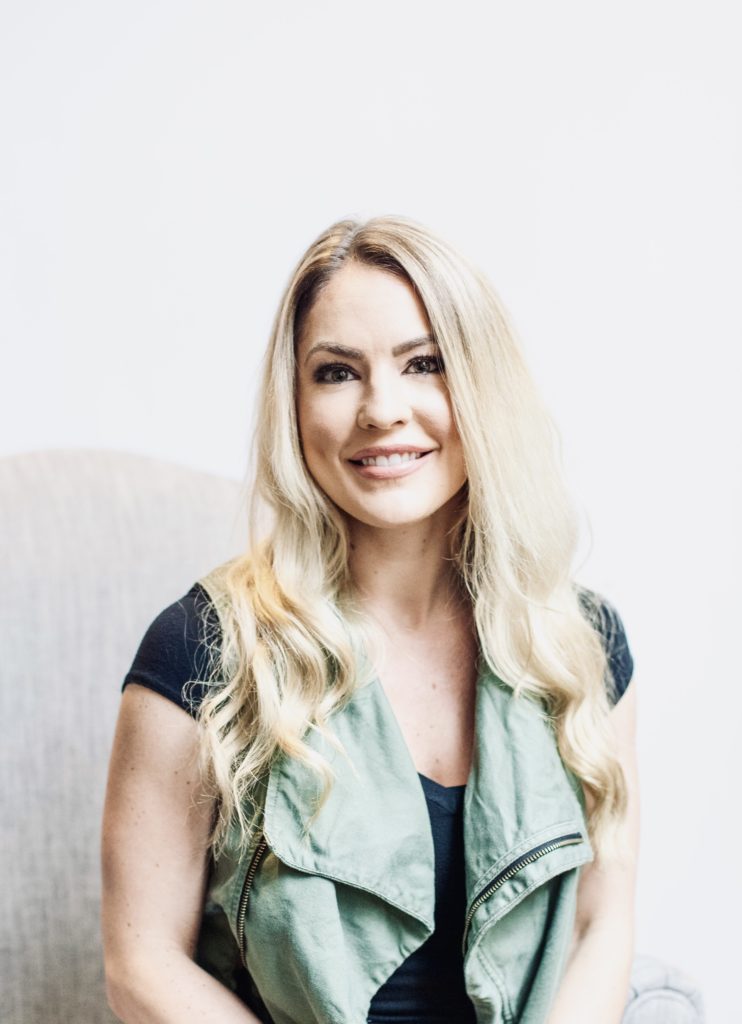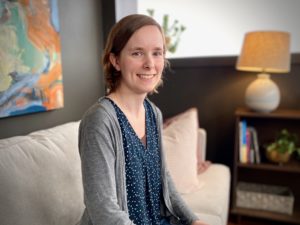premarital counseling
Planning a wedding is full of decisions, details, and lists. Planning a marriage is a bit more abstract.
For those who want a successful marriage, not just a successful wedding, premarital counseling could be something to consider. Premarital counseling can help you and your partner build a strong foundation for your marriage, have the important conversations, and learn to navigate common issues that show up in marriage. Wedding planning comes with so much stress, so the good news about premarital counseling is that you don’t have to figure it out all alone!
So what does premarital counseling actually look like? And why should you do the work?
Using a premarital curriculum, like Prepare/Enrich (the most researched couples assessment in the world!), with a Licensed Marriage and Family Therapist Associate, means that the work you are doing is backed by research, structured to make the most of your time, and works to address the most important topics that commonly impact married couples.
Premarital counseling with Prepare/Enrich starts with a one-time online assessment before you meet with your therapist. This assessment is not a pass/fail test, but rather a snapshot of what your relationship looks like at the moment. Your therapist will receive a report that analyzes your responses, noting your similarities, differences, strength and growth areas, and important topics to focus on. The results of this assessment will guide your premarital sessions, with plenty of activities, discussions, and helpful skills to practice.
In traditional couples therapy, a couple may show up with a specific problem to address in their relationship, while premarital counseling is a bit more structured. The goal is to build communication and conflict resolution skills, discuss expectations for marriage, and have those important conversations (finances, kids, religion, sex, etc.) to make sure you understand one another. Premarital counseling is typically short-term, lasting on average 8-12 sessions (though it can certainly be longer or shorter based on your needs).
In your premarital counseling sessions, your therapist will provide structure to make sure you make the most of your time. Each session will have one or two important topics to focus on. You will gain insight into you and your partner’s relationship, build important relationship skills, and plan for your future together.

Premarital counseling doesn’t have to be just one more thing on your plate to get done before the wedding, but rather an intentional effort, investment, and commitment to your future with your partner.
- Fun fact #1: Prepare/Enrich premarital counseling can actually lower the risk of divorce by 31%!
- Fun fact #2: Couples who complete at least 8 sessions of an eligible premarital counseling program may receive a discount on their Texas marriage license!
- Fun fact #3: Premarital counseling and the Prepare/Enrich curriculum can be used with dating/pre-engaged couples, newlyweds, or even those married for decades! Anybody can strengthen their relationship.
Building a strong marriage takes work. Meeting with a couples therapist/certified premarital facilitator can set you up for success by building your foundation for marriage before it even starts. For questions, visit www.prepare-enrich.com or contact kateh@eastdallastherapy.com.

























